Zimbabwe Electricity Supply Authority subsidiary, the Zimbabwe Power Company (ZPC), says it is close to finalising a deal with China Export and Import Bank for the expansion of Kariba's South hydropower plant.
Zimbabwe has been suffering from a chronic shortage of electricity due to low levels of investment in infrastructure with rolling power cuts being imposed in order to cope. The country has a peak demand of roughly 2,200MW and yet only has a reliable generation capacity of 1,200 MW. The expansion of the Kariba South Hydro Power Station will add an estimated 300MW of power, whilst another project, the expansion of the Hwange Thermal Power station, will bring a further 900MW to the national grid which should help to ease the power deficit.
China's Sino Hydro has won the bid to expand the electricity generation capacity of Kariba's power plant with expansion expected to cost about $400m. The station currently has an installed capacity of 750MW. Sino Hydro is also expected to work on the second project, the expansion of Hwange Thermal Power Station and is currently involved in negotiations with ZPC.
In a recent interview, ZPC's Managing Director, Mr. Noah Gwariro, told the Herald Business that ZPC expects to conclude the funding agreement for Kariba South with the Chinese bank by the end of 2013 whilst the contract negotiations with Sino Hydro for Hwange Thermal's expansion will also be concluded by December 2013. ZPC is expected to bear 10% of the cost of the expansion project and other development costs. According to ZPC, the two projects are expected to take up to 42 months to complete and until then Zimbabwe will need to cope with the rolling power cuts to balance demand and supply. Meanwhile, another Chinese company, the China Machinery and Energy Corporation, also recently won a separate bid for the expansion of Hwange Units 6 and 7. This planned capacity expansion project is estimated to cost $1bn.
Nationwide power cuts have been severely limiting the recovery of Zimbabwe's industrial sector after the effects of the economic downturn. Residents have also borne the brunt of the country's chronic power shortages. To cope with the deficit, both industry and residents have invested in expensive alternatives such as generators. The country has also been importing some of its requirements from neighbouring Mozambique - up to 300MW - depending on the source peak periods. In the months to August this year, Zimbabwe is estimated to have experienced a 17% deficit on its annual electricity requirements.
The country faces critical shortages as most of its generation stations' equipment is now very old and susceptible to frequent breakdowns depriving consumers of consistent supplies. Zimbabwe has not invested enough in new generation capacity and finds itself in a difficult spot in trying to resolve the crisis due to financial constraints. The planned initiatives will go a long way to resolve the country's power shortage problems and will be highly welcomed upon completion.
- Imara Africa Securities
 Mliswa flees to South Africa?
Mliswa flees to South Africa?  South African ambassador falls to death from Paris hotel room
South African ambassador falls to death from Paris hotel room  India dumps US Treasury bills
India dumps US Treasury bills  ZSE and VFEX recover after weak 1st half
ZSE and VFEX recover after weak 1st half  Gold edges up as traders await guidance
Gold edges up as traders await guidance  Zimbabwe gold prices move to 118.26 per gram
Zimbabwe gold prices move to 118.26 per gram  Young Investment Professional (YIP) Graduate Programme 2019
Young Investment Professional (YIP) Graduate Programme 2019 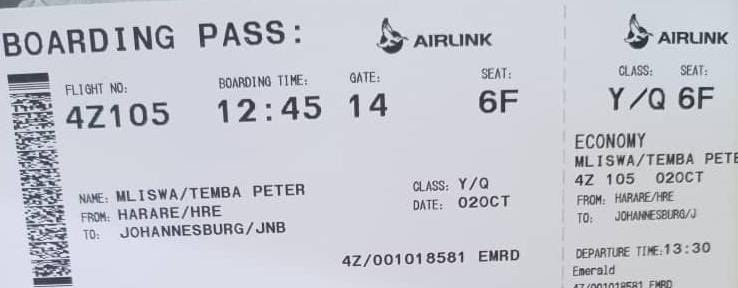
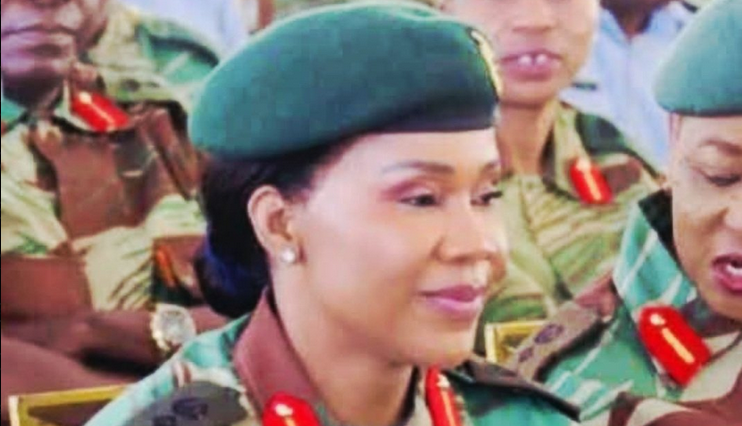
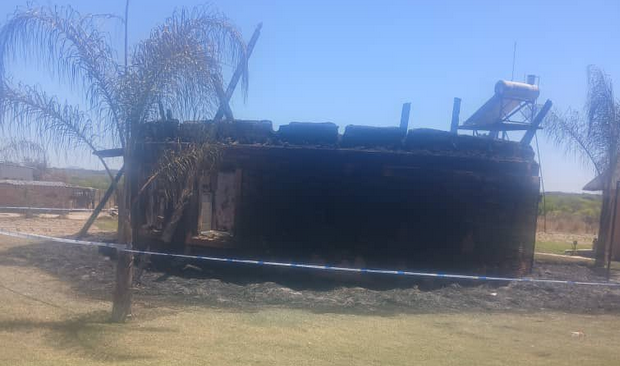
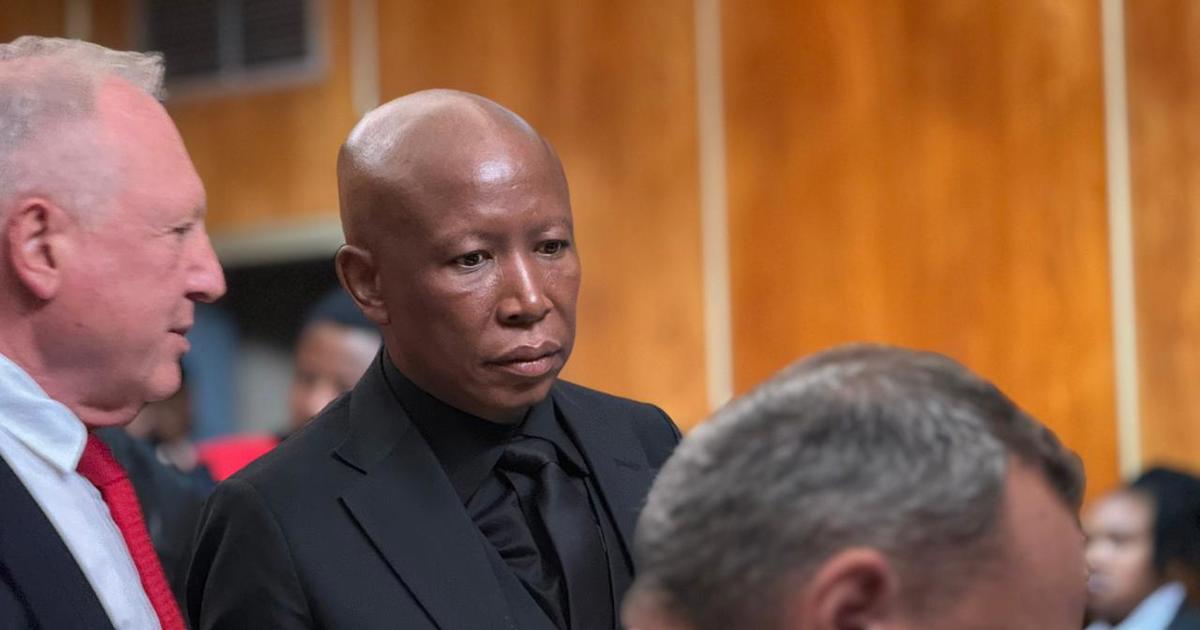
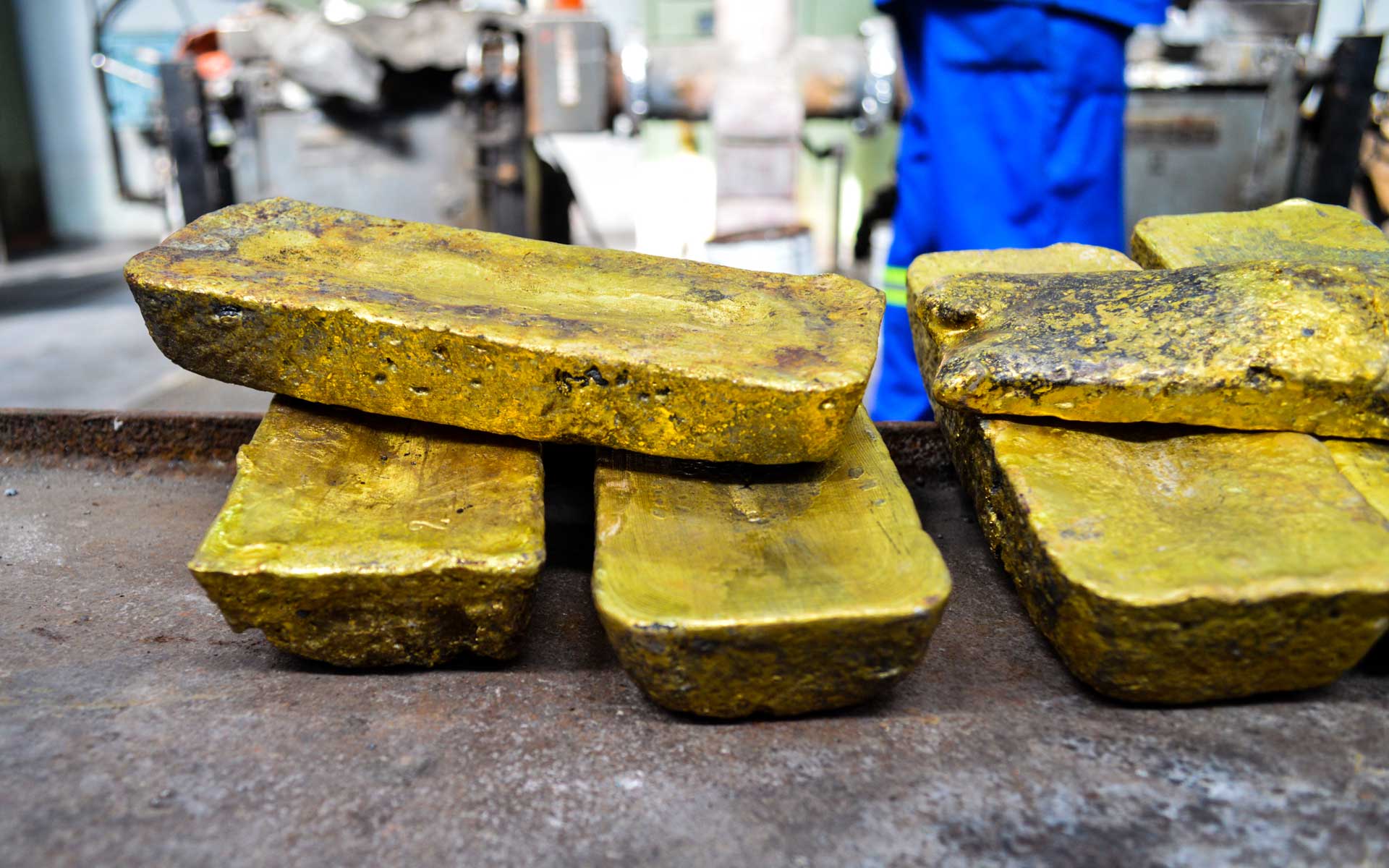
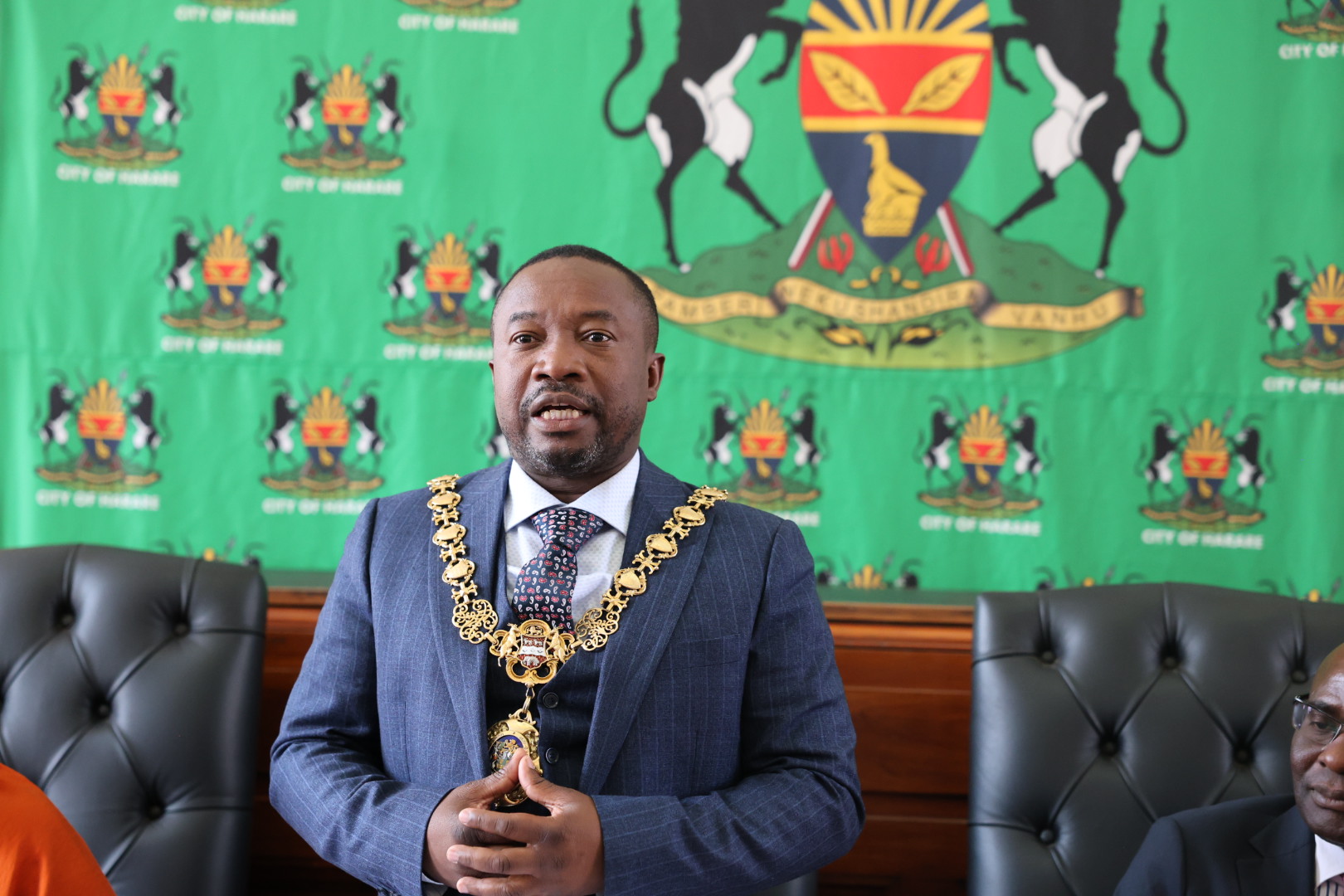
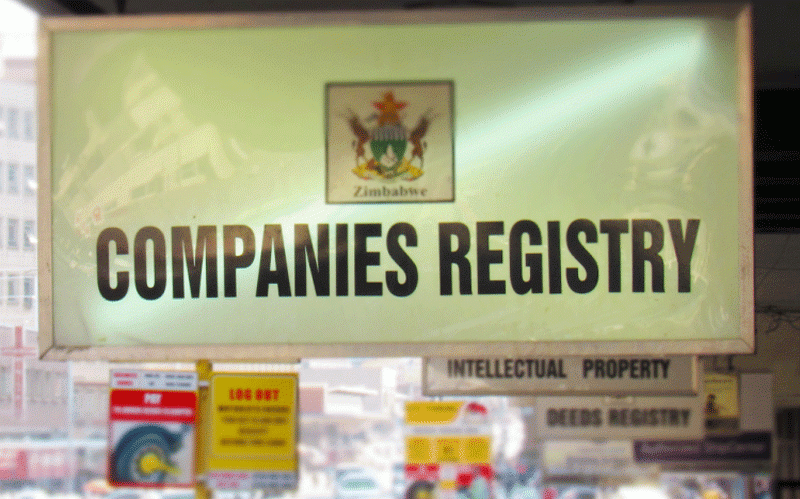

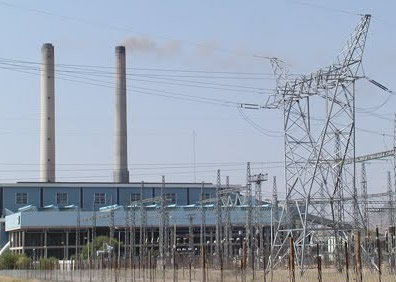
 Young Investment Professional (YIP) Graduate Programme 2019
Young Investment Professional (YIP) Graduate Programme 2019
Editor's Pick